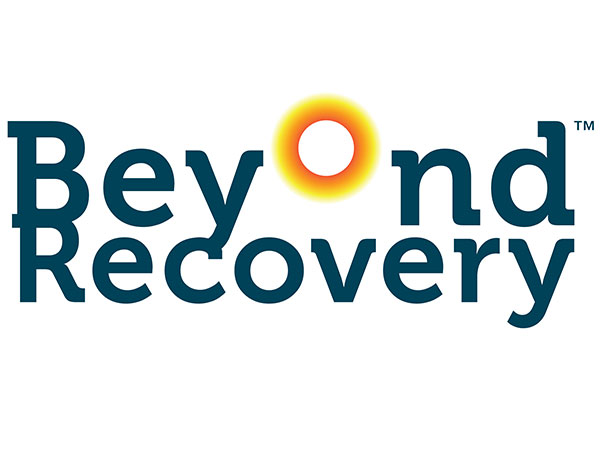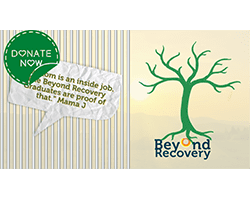Is Three Principles a superpower?
We thought readers might be interested in a fascinating article by Anthony Kessel and colleagues in a recent edition of the Journal of Public Health.
Entitled “A Superpower? An educational initiative? Or something else…”, the article examines the growing popularity of the Three Principles approach and highlights 3P as having “huge potential to transform people’s lives”.
Mr Kessel starts by explaining the Three Principles approach (see here for Beyond Recovery’s version of the 3P on which all our work is based), before going on to explore how health professionals might define the 3P approach:
It is not a clever technique or model from the coaching world, as there is nothing inherently action-oriented in a new understanding of the mind. And it is not a therapeutic intervention per se, although there is a tendency to draw likeness with cognitive behavioural therapy or mindfulness. Ultimately, this understanding is more descriptive than prescriptive, and probably best considered an educational initiative – which is brought to bear through training with individuals and groups in the workplace, clinic or other settings.
All four authors of the article have witnessed the benefits of the Three Prinples in action as you can tell from this insightful description:
Through a deeper understanding of how the mind works, traditional work-related problems begin to look very different, or even dissolve away completely. Stress and anxiety are seen as the experiential manifestation of thoughts that do not need to be feared, and can be dropped. Rapport is not a strategy to be applied to others, but a natural consequence of being completely present in the room, listening with respect and being prepared to learn. Influencing others no longer takes the form of how you get people to do what you want, but is about genuinely connecting, presenting your position thoughtfully but also being prepared to be influenced by those around you. Conflict, promotion and change management all appear different.

Meeting modern challenges
The authors go on to set out the potential of people taking more responsibility for their own mental health and resilience, noting that GPs struggle to give patients enough time and that very many people do not take their medication consistently and even fewer follow lifestyle prescriptions to eat healthily or exercise more.
They also sound a note of caution, pointing out that the evidence base for 3P remains under-developed (see here for Beyond Recovery’s contribution through our independent external evaluation of our work with prisoners at Onley prison), but conclude that the Three Principles approach could have almost limitless impact:
There is a common sense simplicity to the Three Principles, coupled with an intellectual credibility. And if – and it is quite a big “if” – the positive experiences of so many practitioners are validated through research, the potential for the approach to transform lives is substantial. After all, if people truly saw that they already possessed a superpower, it could lead to something quite extraordinary.


